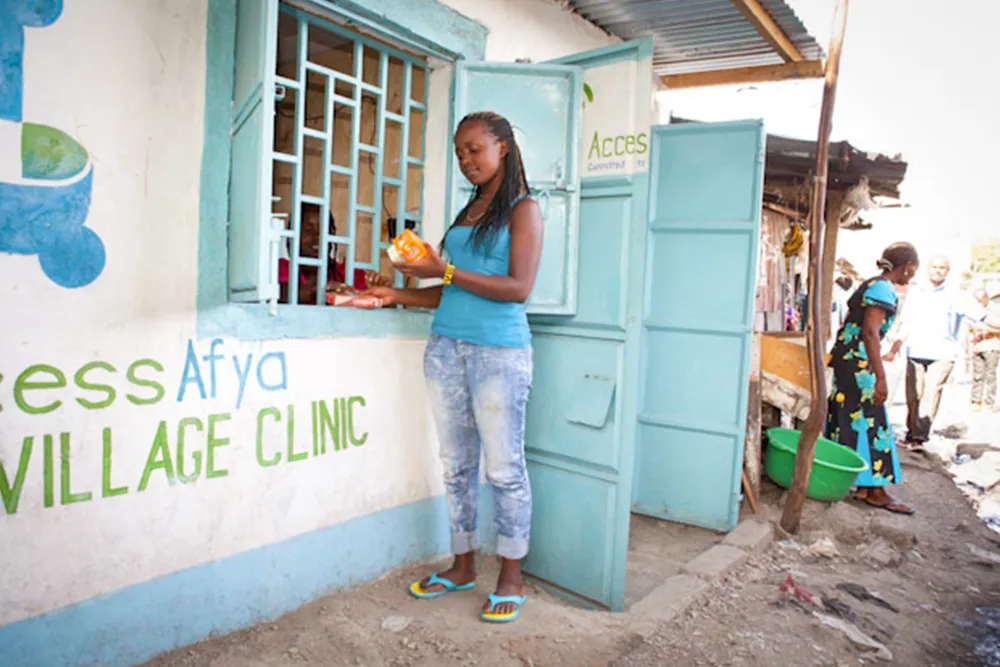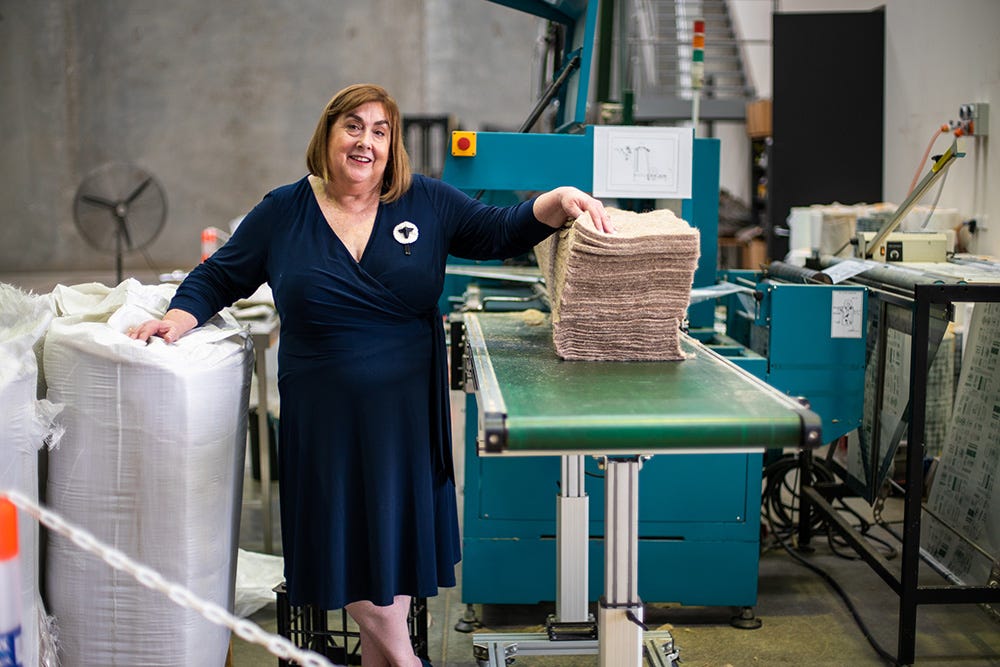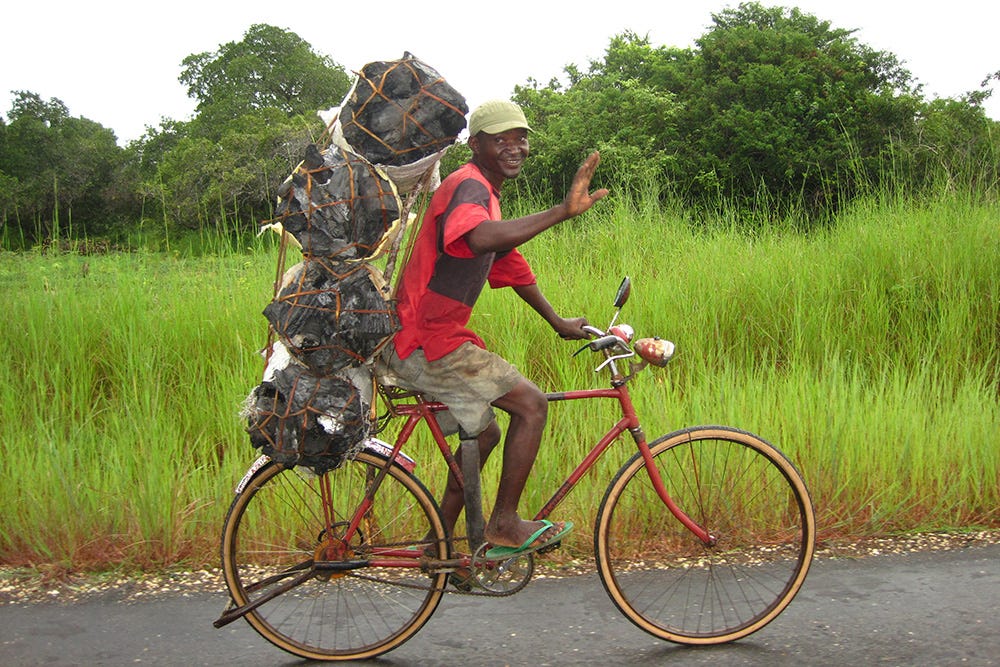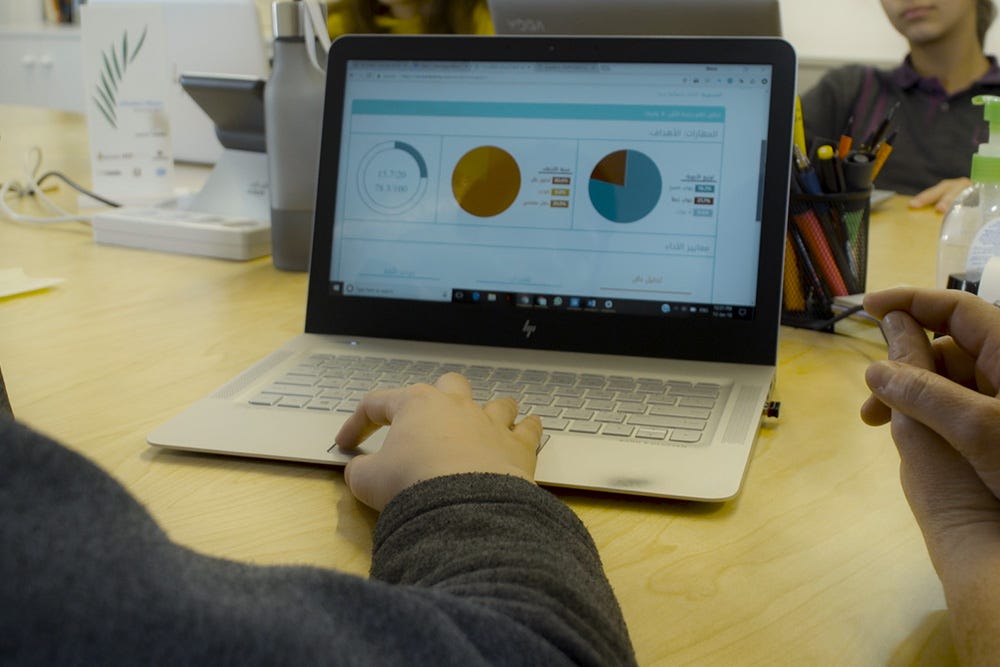Our impact
In 2006, we launched the Cartier Women’s Initiative as part of the Women’s Forum for the Economy and Society. Back then, we had no idea where that journey might take us.
Nineteen years on, the Cartier Women’s Initiative has recognized and supported 330 impact entrepreneurs across the globe who are tackling an extraordinary range of challenges. The fellow community spans 66 countries and includes sectors as diverse as pharmaceuticals, e-learning, and agriculture. These women entrepreneurs have embraced a bold mindset to grow their impact businesses. Many successfully pivoted during the pandemic and emerged stronger than ever.
We are proud of the women impact entrepreneurs whose actions are rippling around the world. We are confident that with their vision, passion, and drive, and a worldwide network of allies, what lies ahead is nothing less than a global wave of positive change.
A sisterhood of women who come together to provide support not only helps a woman in need, our collective actions can raise the potential for all women. When we go together, boosting each other along the way, our work is accelerated, and our impact magnified.
Impact Stories
Read the stories of our fellows highlighted in the report

Access Afya
Melissa Menke
As many as half of Kenya’s citizens have no access to registered healthcare centers. Melissa has worked to remedy this since 2012, when she opened the first Access Afya clinic to offer affordable healthcare to underserved Kenyan communities. After a recent pivot to franchising, Access Afya aims to bring its quality-assured health clinics and pharmacies to more communities inside and beyond Kenya, improving health outcomes for hundreds of thousands of people across Africa.

Planet Protector Packaging
Joanne Howarth
Since 2015, when Joanne started Planet Protector Packaging, its mission to eliminate ocean-destroying polystyrene has become more urgent. As people sheltered at home during the pandemic, demand swelled for insulated shipping material. Woolpack, the company’s environmentally friendly polystyrene alternative, turns discarded wool into a sustainable insulation material, replacing millions of polystyrene boxes.

Mozambikes
Lauren Thomas
In Mozambique, bicycles are far more than transportation. They are as integral to life and the economy as cars are in other countries and a lifeline for millions of rural Mozambicans. Lauren co-founded Mozambikes with the innovative idea of offering corporations a way to bring their brands to rural areas via advertising opportunities on bicycles. Since 2010, the company has put 30,000 bikes on the road across Mozambique.

Kamkalima
Siroun Shamigian
During her 23 years as a biology teacher, Siroun participated in the transformation of teaching materials from paper-based worksheets to sophisticated digital resources. She noticed one set of educators was left out of this evolution: Arabic teachers. Siroun started the online platform Kamkalima to provide these teachers and their students the same access to modern technology and up-to-date materials enjoyed by other disciplines.